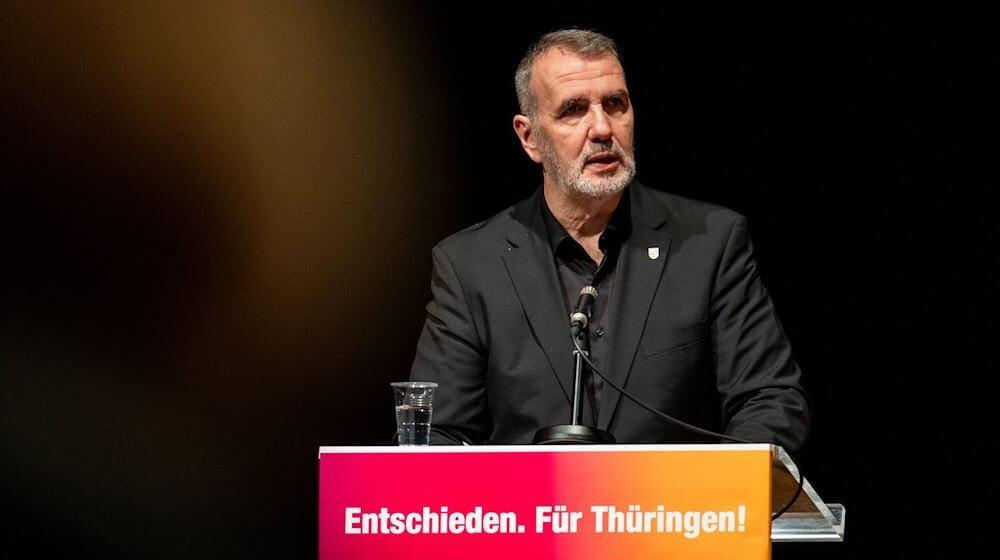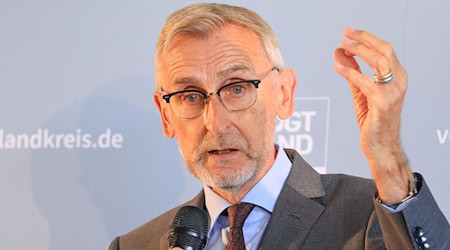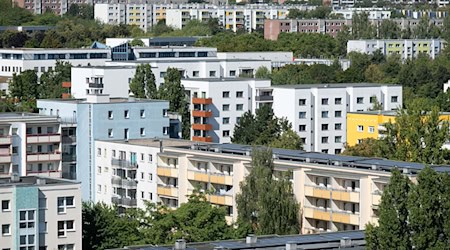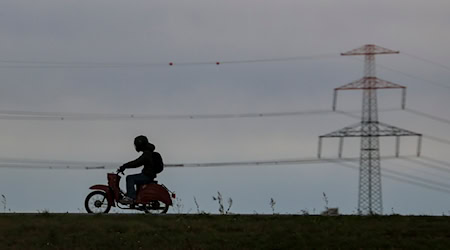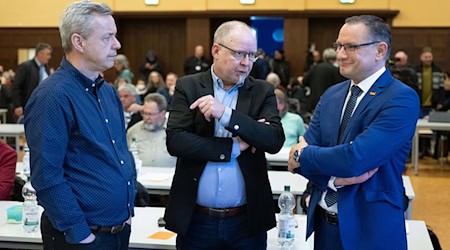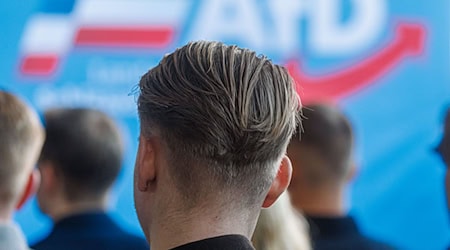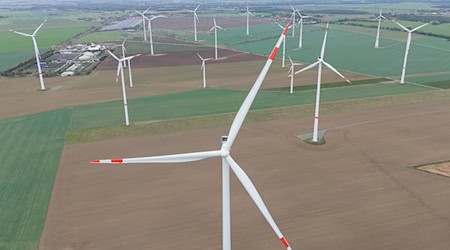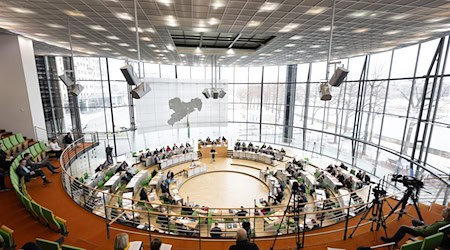Thuringia's Digital and Infrastructure Minister Steffen Schütz has made his decision: "Of course I'm going to run," the BSW politician told the German Press Agency with a view to the upcoming election to his party's federal executive committee.
The Thuringian BSW wants to use Steffen's candidacy to ensure that the eastern state associations have a greater voice in the future party executive. The new party leadership is to be elected at a national party conference in Magdeburg in December.
According to Schütz, there is no one with an Eastern biography among the current candidates. "That is not possible for a party that is strongest in the East," he said, explaining his candidacy. "We need unity and a strong voice from eastern Germany." He spoke of a political imbalance that he sees in the candidates for the Executive Board. He therefore decided to stand for the BSW leadership team at the national party conference.
"Divided parties are not elected"
"It is important to me that we present a united front, because divided parties are not elected." The current problems in Saxony-Anhalt and Brandenburg show just how important unity is. "We're not presenting a good picture there," said Schütz.
The 58-year-old renounced his candidacy as co-chairman in the spring after a weeks-long power struggle with party leader Sahra Wagenknecht over the appointment of the Thuringian BSW leader. Schütz had already announced at the time that he could imagine running for the federal executive board. His aim was to "close rifts that have been torn".
Party founder Wagenknecht wants to relinquish the federal chairmanship at the party conference in Magdeburg and the name of the party is to be changed. Her former co-chair Amira Mohamed Ali and MEP Fabio De Masi want to form the new dual leadership.
"Show that we can do it"
Schütz said that he had already informed Wagenknecht of his candidacy for the board. The Thuringian state association has not been well received by parts of the Berlin BSW leadership team since its participation in the government with the CDU and SPD in 2024. Thuringia was also partly blamed for the Wagenknecht party's narrow failure in the federal election due to its participation in the government.
"There is a lot that we can contribute as Thuringia," said Schütz on the upcoming realignment of the BSW. In the federal election, the party did not receive a good rating in many areas of political competence. Thuringia can show what the BSW has achieved as a governing party and with a strong state parliamentary group, for example in the areas of digitalization, debureaucratization or better funding for local authorities. "We can show that we can do this and that we are not ideological," said Schütz.
Copyright 2025, dpa (www.dpa.de). All rights reserved

